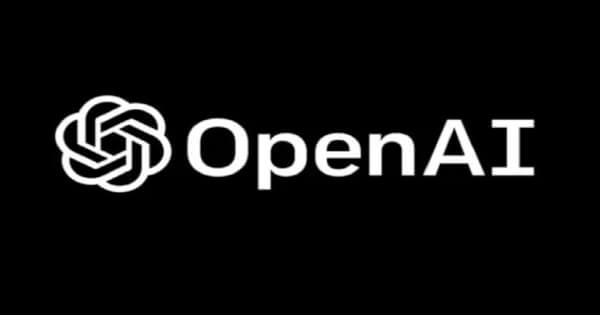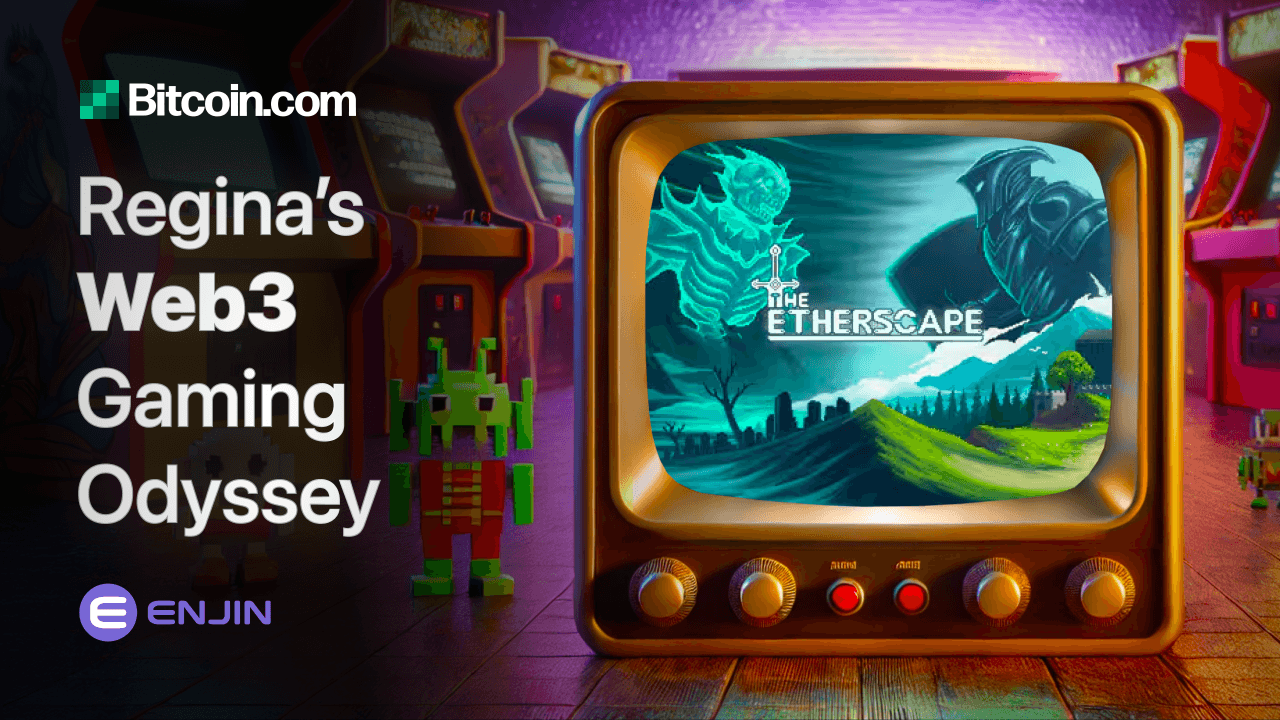Joerg Hiller
Aug 21, 2024 06:04
OpenAI launches fine-tuning for GPT-4o, allowing users to customize and improve model performance and accuracy for specific applications.
OpenAI has announced the availability of fine-tuning for its latest language model, GPT-4o. This new feature allows users to create custom versions of GPT-4o, enhancing performance and accuracy for specific applications, according to OpenAI.
Enhanced Customization Capabilities
The fine-tuning capability of GPT-4o is designed to provide users with greater control over the model’s output. By training the model on user-specific data, organizations and developers can tailor the language model to better meet their needs. This is particularly advantageous for industries requiring high precision and domain-specific knowledge.
Improving Performance and Accuracy
Fine-tuning aims to address the common issue of generic responses generated by AI models. By customizing GPT-4o, users can expect improvements in both the relevance and accuracy of the responses. This is especially beneficial for applications in customer service, content creation, and specialized technical fields where nuanced and accurate information is crucial.
Broader Implications for AI Applications
With the introduction of fine-tuning, OpenAI continues to push the boundaries of what AI can achieve. This development is likely to spur further innovations and refinements in AI technology, as more organizations adopt and adapt these models for their specific needs. The ability to fine-tune models could also lead to more widespread adoption of AI across various sectors, including healthcare, finance, and education.
OpenAI’s move to offer fine-tuning for GPT-4o comes at a time when there is increasing demand for more sophisticated and adaptable AI solutions. As businesses and developers seek to leverage AI for competitive advantage, the ability to customize and optimize language models will be a significant differentiator.
Image source: Shutterstock
Credit: Source link

















